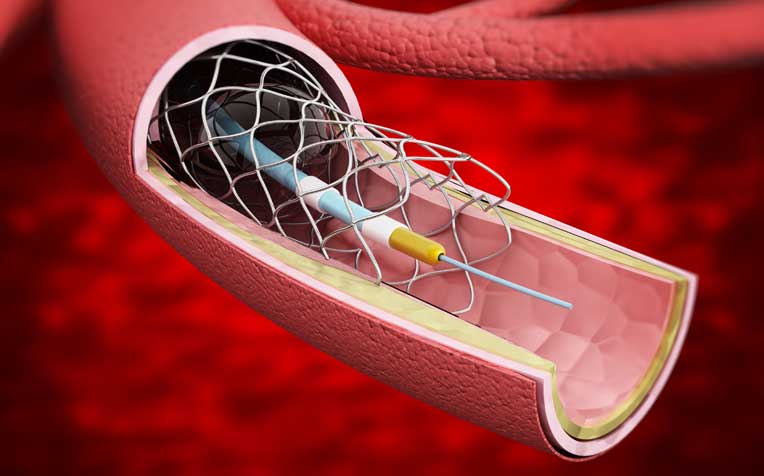
Aortic dissection can be treated with endosvascular stent grafting - a minimally invasive surgery.
Assistant Professor Victor Chao, Senior Consultant from the Department of Cardiothoracic Surgery at National Heart Centre Singapore (NHCS), a member of the SingHealth group shares the how aortic dissection is diagnosis and its treatment options.
Diagnosing aortic dissection
Doctors diagnose aortic dissection based on a variety of tests, including chest X-rays, computed tomography scan (CT scan) and magnetic resonance imaging scan (MRI scan). But if a patient complains of sudden sharp and severe pain in the chest and back, aortic dissection should be suspected, especially if the person has a history of chronic high blood pressure.
Treatment for aortic dissection
The location of the tear in the aortic wall and risk of aortic rupture will determine whether doctors will treat aortic dissection with surgery or medications.
Emergency surgery is required when the tear occurs in the ascending aorta or the portion of the aorta closest to the heart (type A aortic dissection). The risk of death increases by 1 per cent for each hour that passes after the aorta has torn and not been treated. Within 48 hours, 50 per cent of the patients will die. The goal of surgery is to prevent death from exsanguination from frank rupture of the aorta, stroke, heart attack and severely leaking heart valve.
In open heart surgery, surgeons will replace the damaged portion of the aorta with a synthetic tube graft. The adjacent structures of the heart may also need to be treated if it affected the:
- Aortic valve and
- Coronary arteries
The former can be preserved by repair or replaced with prosthetic valves, whilst the latter can be preserved by reimplanting them onto the graft or through additional coronary bypass surgery.
Usually, oral or intravenous medications will be recommended instead of surgery in case of tears involving the descending aorta (type B aortic dissection). The goal is to aggressively reduce and control high blood pressure. Endovascular stent grafting - a minimally invasive surgery - may be recommended for suitable patients.
Even after surgery, aortic dissection patients will need to continue taking oral medications to control their heart rate and reduce their high blood pressure.
“This age-old condition is a dreaded diagnosis. One should ensure adequate control of high blood pressure and seek help early when symptoms arise,” says Asst Prof Chao.
Ref: L20
Contributed by















